
Get Rid of Throat Mucus Faster: Science-Backed Home Treatments
Get Rid of Throat Mucus Faster: Science-Backed Home Treatments

Excessive throat mucus can be incredibly frustrating, leading to a constant urge to clear your throat or a feeling that something is perpetually stuck there. While upper respiratory infections are a common cause, conditions like allergies, asthma, and even heartburn can also result in too much phlegm.
Sometimes, coughing simply isn't enough to dislodge stubborn throat mucus. If you're constantly dealing with this issue, it's essential to identify and treat the underlying cause. If irritants or allergies are to blame, avoiding those triggers can significantly reduce mucus production. For mucus buildup due to digestive disorders or infections, home remedies such as saltwater gargles, honey, ginger, or steam inhalation can effectively loosen phlegm and clear your throat.
Read on to learn about the various reasons for persistent throat mucus, followed by a comprehensive guide to effective home treatments for a phlegmy throat.
Understanding the Causes of Excessive Throat Mucus
Your body naturally produces mucus to protect against bacteria and viruses, and having some mucus in your throat is completely normal. According to Dr. Melinda Ratini on WebMD, our noses alone produce approximately 2 pints of mucus daily, which usually drips down the back of the throat unnoticed. (1) Problems arise when mucus becomes thicker and more noticeable, or when excessive amounts are produced, especially if it has an unusual color like dark yellow, green, or brown.
Here are the common culprits behind excessive throat mucus:
- Post-Nasal Drip: This is a very common cause of mucus buildup. The American Academy of Otolaryngology explains that excessive thin mucus secretions from irritation, colds, allergies, or hormonal changes can lead to increased flow down the throat. Conversely, sinus infections or throat dryness can result in a thick mucus buildup. (2) This constant drip can cause irritation, swelling, discomfort, and the sensation of something continually stuck in your throat.
- Heartburn / Acid Reflux: A frequent reason for persistent phlegm is heartburn, or acid reflux, where stomach acid travels back up the esophagus, irritating the lining of the upper respiratory system. You might also experience a bitter taste in your mouth or a burning sensation in your chest. Dr. Jennifer Robinson on WebMD notes that you can have reflux (called laryngopharyngeal reflux or "silent reflux") without the typical heartburn symptoms. The mucus forms when stomach acid irritates the back of your throat and nasal airways, leading to inflammation, excessive throat clearing, a persistent cough, and a lump-in-throat sensation. (3)
- Allergies: Allergic reactions can irritate the throat, triggering increased mucus production. Allergies are your body's immune response to allergens like pollen (seasonal allergies), dust mites, animal dander, or mold (perennial allergies). The Asthma and Allergy Foundation of America lists throat mucus as a symptom of allergic reactions, usually accompanied by sneezing, itchy eyes, and a runny nose. (4)
- Asthma: Individuals with asthma often experience constant mucus in the throat. Asthma causes inflammation in the bronchial tubes, stimulating more mucus production. While commonly associated with wheezing and coughing, the Food and Drug Administration (FDA) states that both mild and severe asthma lead to "excessive production of mucus." (5) This can accumulate in the throat, mimicking allergy symptoms. A study in The New England Journal of Medicine found that chronic throat clearing in children could be an indication of asthma. (6)
- Infections: Various infections of the upper airways and throat can lead to persistent, hard-to-clear throat mucus. When bacteria or viruses cause an infection, your body produces more mucus to trap and destroy the germs, resulting in chronic coughing, throat clearing, and sneezing.
- Sinusitis is an infection causing inflamed, swollen sinuses filled with mucus, often leading to post-nasal drip with thick, dark-colored mucus or phlegm. (7)
- Strep throat, a bacterial infection, can cause excess mucus that drains down the throat. (8)
- Laryngitis, an infection of your voice box, leads to inflammation, irritation, and swelling, causing excess mucus and a constant urge to clear your throat. (9)
- Smoking: Smoking irritates the lungs, leading to black or brown mucus in the throat and airways that won't go away, resulting in a persistent "smoker's cough." The University of Pittsburgh Medical Center notes that smoking not only increases mucus but also thickens it and damages the lungs' clearing system, making it harder to expel. Smoking also significantly increases the risk of cancer, infections, pneumonia, and emphysema.
- Certain Foods: Some foods can make mucus thicker, increasing the urge to clear your throat. While the idea that dairy generally causes excess mucus is a myth, the Mayo Clinic states that dairy products do make mucus thicker and harder to get rid of. (10, 11) Additionally, individuals with lactose intolerance may find that consuming dairy products leads to excessive phlegm.
- Pregnancy: Hormonal changes during pregnancy can increase mucus production, causing thin secretions to drip down the back of the throat. (2)
- Exposure to Toxins: Breathing in certain chemicals can irritate your nasal passages and throat, increasing mucus buildup. This can also lead to other respiratory problems like a burning sensation in the mouth, coughing, headaches, and yellow or green mucus. Dr. William Blahd on WebMD warns that exposure to toxic fumes or chemicals can cause serious internal damage and be life-threatening, advising immediate medical attention. (12)

Effective Home Remedies to Clear Throat Mucus
Fortunately, many effective home remedies can help clear mucus from your throat, providing symptomatic relief and, in some cases, addressing the underlying cause.
1. Saltwater Gargle
Gargling with salt water is a simple yet powerful home remedy that can help kill mucus-causing infections in your throat and upper airways.
- Research has shown that even just gargling with plain water can help prevent upper respiratory tract infections. (13)
- Adding the antibacterial properties of salt to water effectively loosens phlegm and helps clear it faster.
- How to use: Dissolve 1/2 to 1 teaspoon of salt in an 8-ounce glass of warm water. Gargle several times a day to help get rid of throat mucus.
2. Steam Inhalation
Steam inhalation is an excellent home remedy to loosen throat mucus and clear your nasal passages. You can boost the benefits by adding essential oils that reduce inflammation, kill germs, and relieve congestion.
- Tea tree oil contains antimicrobial compounds that can help treat throat and upper respiratory tract infections. (14)
- Menthol oil is well-known for its ability to relieve congestion and treat symptoms of sinus infections and asthma. (15)
- How to use: Add a few drops of tea tree oil or menthol oil to a large bowl of boiling water. Position your head over the bowl and cover your head with a towel, creating a tent. Breathe deeply for 10 minutes to allow the steam and essential oils to clear your airways and loosen mucus. Repeat 2-3 times a day until your symptoms clear and any infection resolves.
3. Ginger
Ginger is another effective home remedy to help clear excessive throat mucus and suppress chronic coughing. Ginger possesses antiviral properties that can combat respiratory tract infections, thus helping to clear thick, stubborn phlegm.
- A study in the Journal of Ethnopharmacology demonstrated that hot ginger tea is effective in treating viral respiratory infections. Ginger's antiviral effect is attributed to enzymes that attack viruses and inhibit their spread. (16)
- How to use: Chop a 1-inch piece of fresh raw ginger and place it in a cup of boiling water. Cover the cup and let it steep for a few minutes. Drink ginger tea 2-3 times a day to reduce mucus buildup and speed up healing from upper chest infections.
4. Consume Chilies (Spicy Food)
Eating chilies or spicy food is a surprisingly effective way to naturally relieve nasal inflammation that causes excess mucus. Chilies contain capsaicin, a spicy compound with antioxidant and decongestant properties, which can also help thin mucus, making it easier to expel.
- Studies on capsaicin's medicinal properties as a decongestant found it helps reduce symptoms of nasal discharge and inflammation. (17)
- How to use: If you have persistent throat mucus, try incorporating more chilies into your cooking or sprinkling chili powder on your meals to help clear the buildup.
5. Honey
Taking raw, unprocessed honey can effectively clear a phlegmy throat and treat upper respiratory tract infections. In addition to being a natural antibacterial agent, honey also has a soothing effect on the throat and can reduce constant coughing.
- A study by Canadian researchers found that even a single dose of raw honey could reduce mucus secretion and coughing bouts, outperforming many over-the-counter cough medicines in reducing cough frequency. (18)
- How to use: Take a spoonful of raw honey 2-3 times a day until the constant need to clear your throat subsides. You can also add honey to warm ginger tea to boost its antimicrobial and decongestant properties.
6. Drink Plenty of Water
It's essential to drink plenty of fluids like water and herbal teas to help thin mucus secretions and prevent them from building up in your throat. Staying well-hydrated helps keep mucus less viscous and easier to clear. You can make delicious herbal teas like chamomile or ginger tea, which can help calm inflammation and increase your daily fluid intake.
7. Avoid Irritants and Allergens
One of the most crucial steps to prevent throat mucus buildup is to identify and avoid irritants or allergens that trigger irritation in your airways. This includes quitting smoking and avoiding secondhand smoke.
If your symptoms persist despite these home treatments, or if the mucus is accompanied by fever, severe pain, or difficulty breathing, you should see a doctor for an examination to rule out more serious underlying conditions.
News in the same category

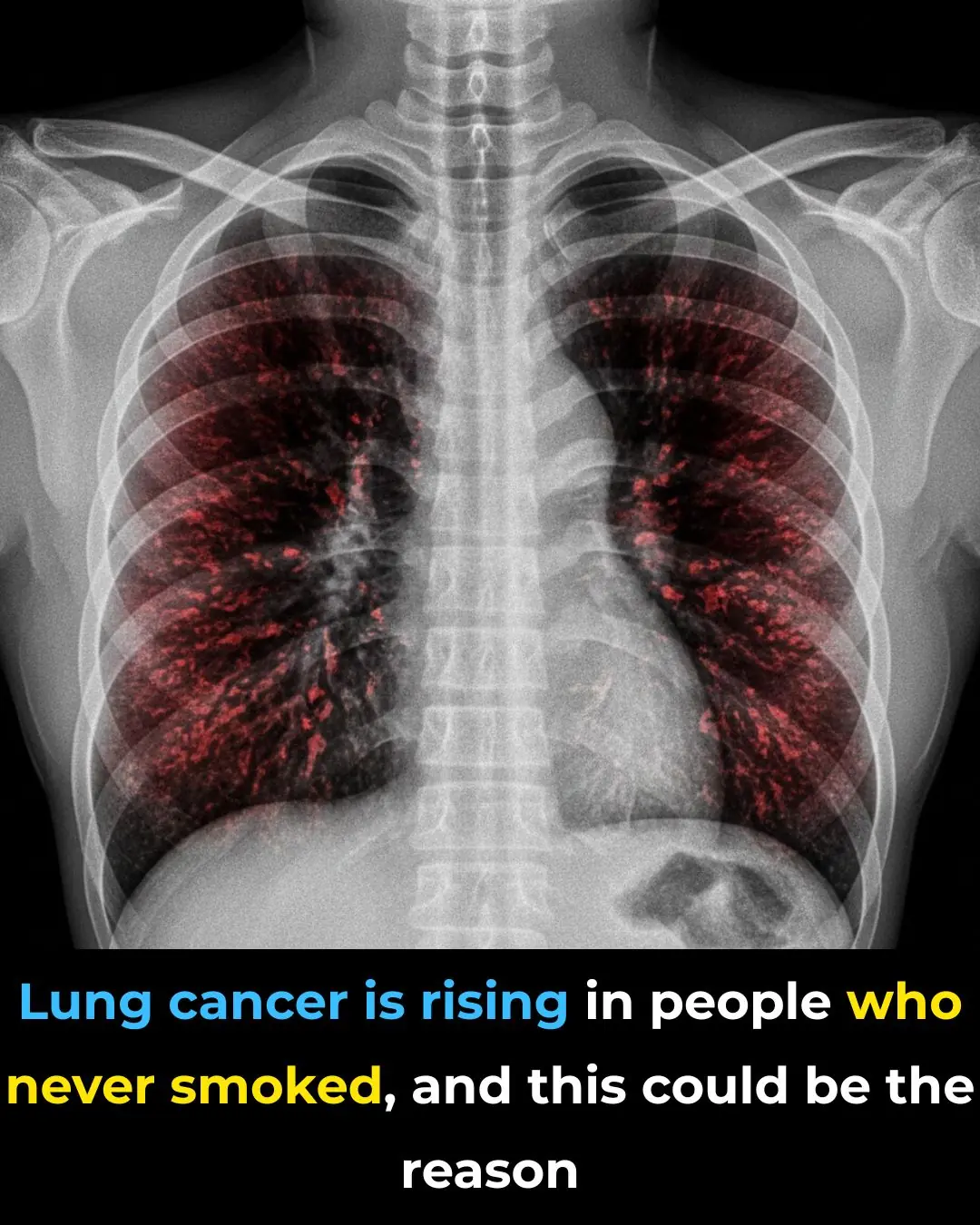
This Could Be Why Lung Cancer Is Rising in People Who Never Smoked

The Surprising Health Benefits of Boiled Eggs

🚨 Recurrent Yeast Infections? STOP Doing These Things Immediately!

Doctors Are Amazed: Two Vegetables That Boost Collagen in the Knees and Relieve Joint Pain
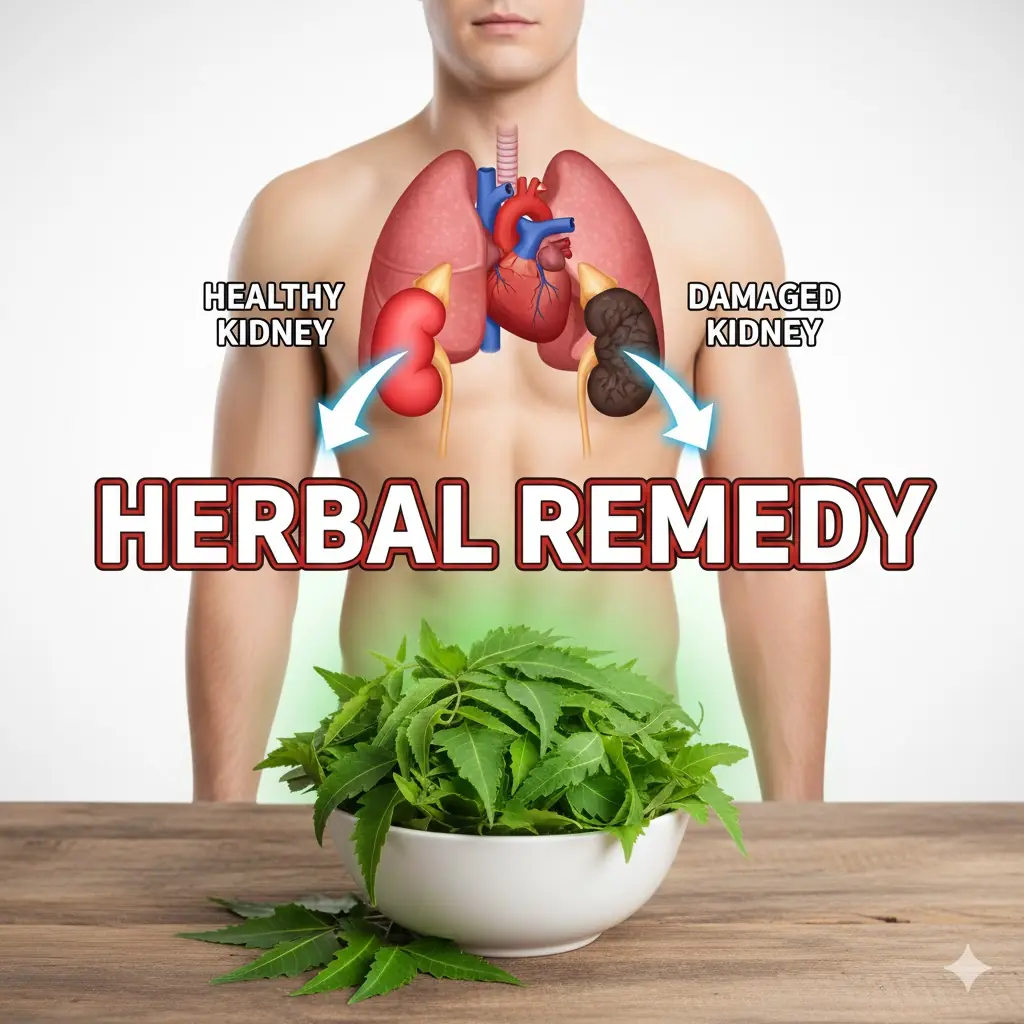
One Powerful Leaf That Supports Blood Sugar, Blood Pressure, Pain Relief, Cholesterol & Circulation

Discover the Natural Benefits of Air Plant Leaf for Daily Eye Care

Step-by-Step Guide to Making a Homemade Baking Soda Cream for Skin Care

The Forgotten Leaf That Might Support Your Defenses (No Magical Promises)

The Nighttime Bite That May Help Wake Up Your Circulation

Natural Energy Booster: Ginger and Tomato for Long Day Vitality

15 autoimmune warning signs your doctor keeps dismissing as stress or aging

Why You Keep Waking Up With a Dry Mouth

🦴 Hip Pain: What Does It Mean? Common Causes & When to Seek Help
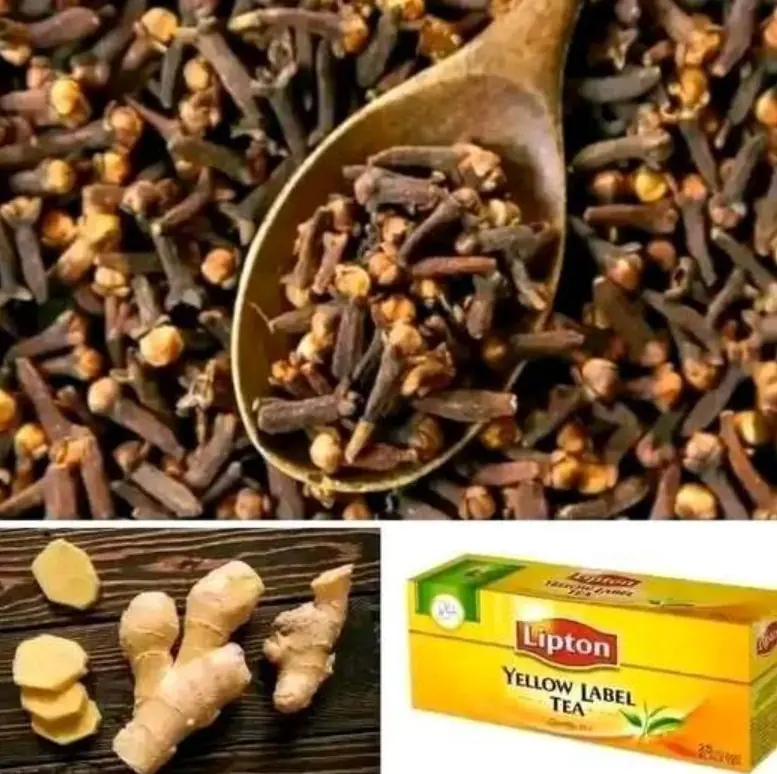
You see Lipton tea, cloves, and ginger?
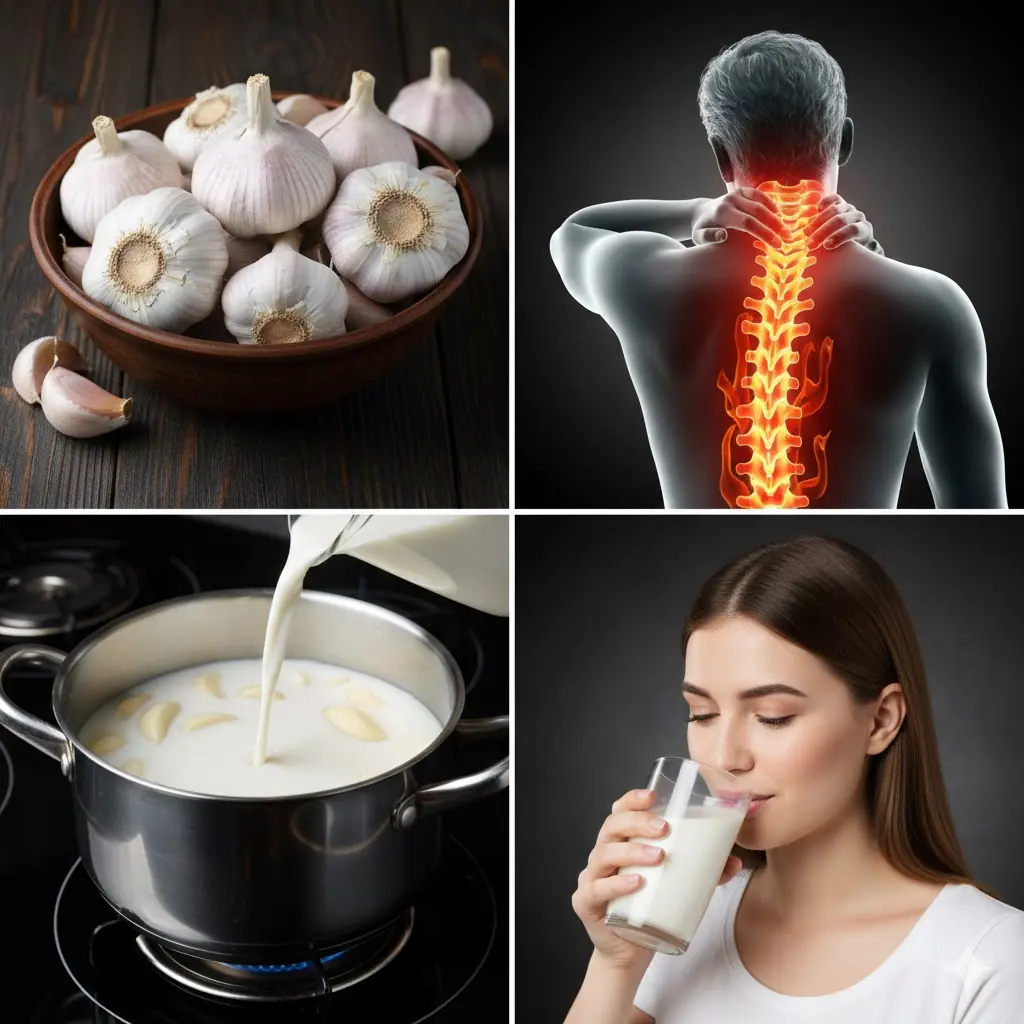
Boiling Garlic in Milk and Drinking It Once: Why So Many People Are Trying This Old Remedy

🌿 What Rosemary Can Actually Do

Early Symptoms of Ovarian Cancer

When your head itches:... Please know this

🥚 What Causes the Green Ring Around Hard-Boiled Eggs?
News Post

The Day an Old Man Learned Respect Has Conditions

Kid Hero Onboard

Security Judged Him in Seconds. A Life Was Almost Los

She Played the Victim. But …

4 Things Oncologists Do Regularly to Lower Their Cancer Risk
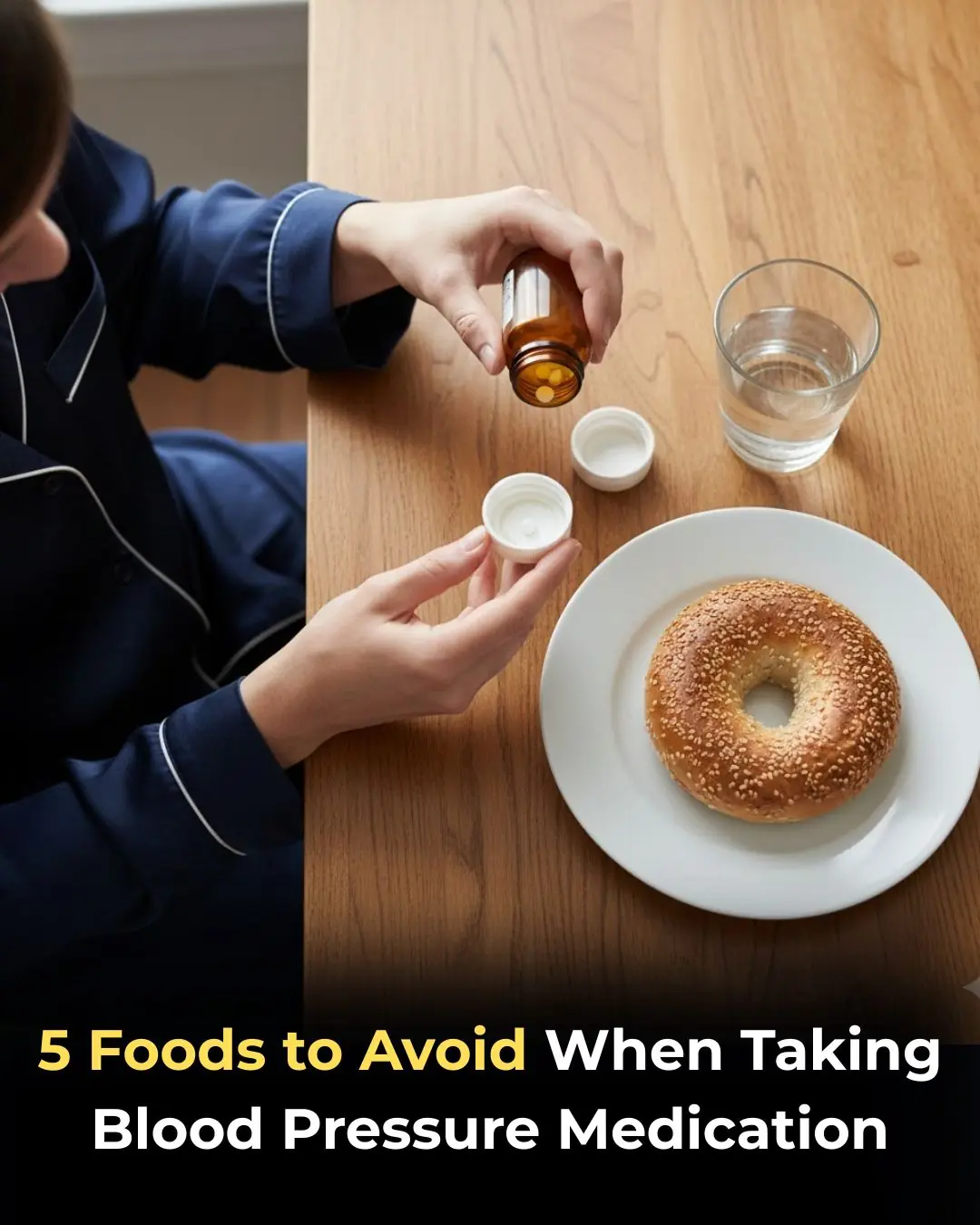
5 Foods to Avoid When Taking Blood Pressure Medication

Discover How to Make and Enjoy This Traditional African Herbal Combo for Women’s Wellness in 2025

Echinacea (Coneflower): 25 Benefits and How to Use It at Home

🌿 The “Hidden Herb” Ancient Healers Protected: Is Nutgrass the Ultimate Secret to Natural Health?

Juniper: 20 Remarkable Benefits and How to Use It

Warm Herbal Drinks and Circulation: Why Consistency Matters More Than Strength

The Hidden Power of the Honey Locust Tree (Gleditsia triacanthos): Health, Healing, and Everyday Uses

10 Ways to Kill a Toothache In a Minute

A Pregnant Woman Warned a Stranger to Run

This Could Be Why Lung Cancer Is Rising in People Who Never Smoked

The Surprising Health Benefits of Boiled Eggs

🚨 Recurrent Yeast Infections? STOP Doing These Things Immediately!

Doctors Are Amazed: Two Vegetables That Boost Collagen in the Knees and Relieve Joint Pain

One Powerful Leaf That Supports Blood Sugar, Blood Pressure, Pain Relief, Cholesterol & Circulation
